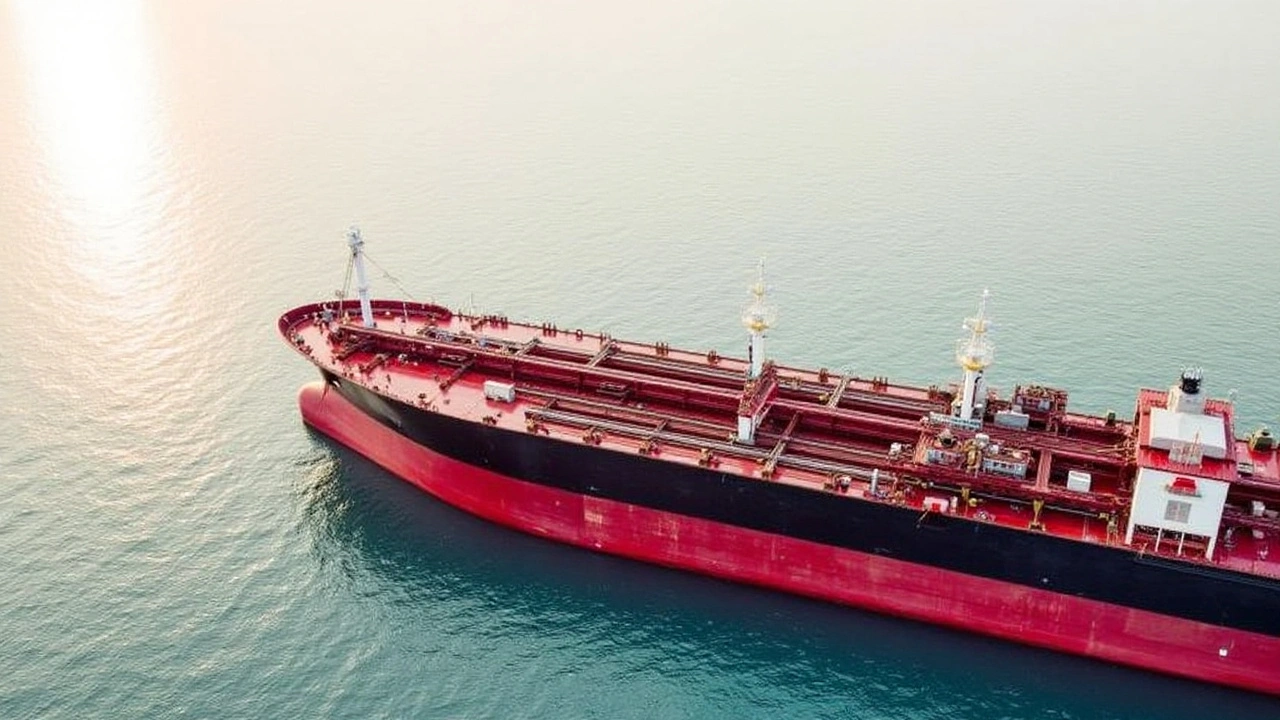Understanding Sanctions and Their Impact
Sanctions are a common tool used by countries and groups to influence behavior without going to war. They usually involve restricting trade, investments, or other financial interactions with a targeted country or group. But why do sanctions matter so much? Well, they can pressure governments to change policies, punish wrongdoing, or protect national interests, all without direct conflict.
For example, when a country violates international rules or human rights, other nations might hit them with sanctions. These can include banning exports of crucial goods like technology or oil, freezing assets, or blocking financial transactions. The goal is to create enough economic pain to push for change. But sanctions aren’t always black and white; they can have unintended effects on ordinary people and neighboring countries.
How Sanctions Affect Real Life
Imagine a country facing sanctions that cut off its access to international banking. This can make it tough for businesses to operate, leading to job losses and higher prices for everyday items. Sometimes, governments find ways around sanctions, like trading through third parties or using cryptocurrencies. This cat-and-mouse game shows that sanctions can be tricky to enforce fully.
Sanctions also affect global markets. For instance, when major oil exporters face sanctions, oil prices can skyrocket worldwide, hitting consumers and businesses far from the conflict zone. That’s why sanction policies are carefully weighed by governments, as they can spark ripple effects in the global economy.
Why Should You Care?
Even if you’re not into politics, sanctions can influence your life. They can shift the cost of goods, impact your country's relations abroad, and sometimes even affect job markets. Plus, understanding sanctions helps you make sense of news headlines and the ongoing global dynamics shaping the world economy and international security.
Sanctions may seem like distant political moves, but they play a big role in shaping international relations and economic realities. Keeping an eye on how sanctions work and evolve helps us understand the bigger picture behind global events and their ripple effects in everyday life.
G7 Finance Ministers Vow New Sanctions on Nations Buying Russian Oil
G7 finance ministers vow new tariffs and sanctions on nations buying Russian oil, spotlighting India and China as likely targets.
MoreRussia's Seaborne Diesel Exports Reach Historic Low Amid Sanctions and Refinery Issues
In August 2024, Russia's seaborne diesel and gasoil exports are predicted to hit the lowest levels in a year, ranging between 2.7 and 2.8 million tons. This decline stems from sanctions by the G7, EU, and Australia, along with disruptions in Russia's refining capacity due to drone strikes and seasonal maintenance. Shift in trading partners and refinery outages contribute to this trend.
More

